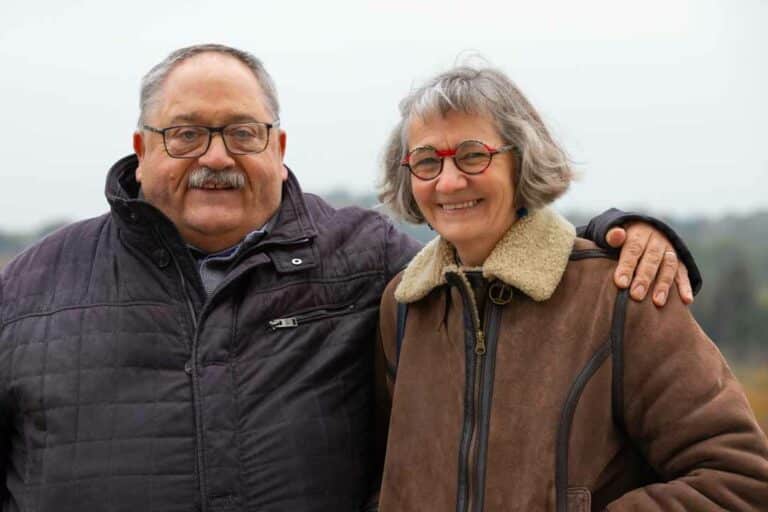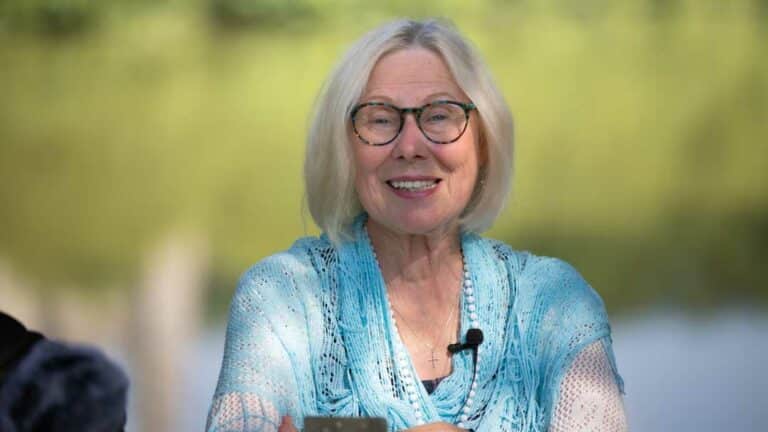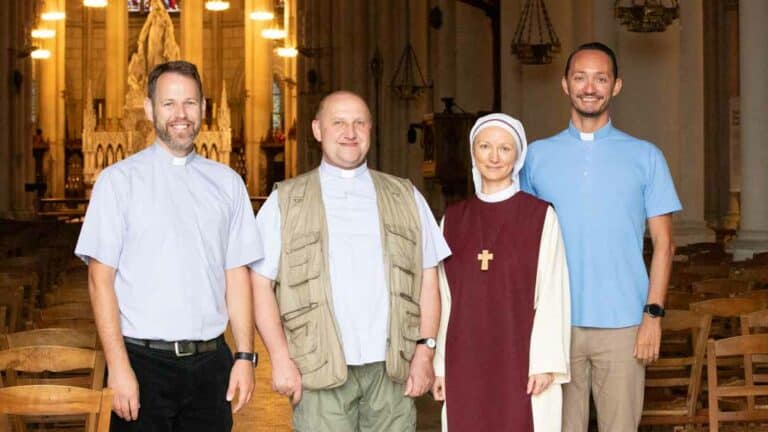Cremation has become commonplace. Nowaday, more than 40% of the deceased are incinerated, including Catholics. Does the Church forbid cremation? If it is permitted, what place should be given to it? Should we attend the cremation of a loved-one? Christian de Cacqueray, the founder of the Catholic Service of Funerals, gives his point of view.
Does the Church forbid cremation?
From a theological perpective, since Vatican II the practice of cremation was clearly said not to be against the dogma of faith in the resurrection of the flesh. Being buried or not has no impact on resurrection. In fact, people got mislead in thinking that way. This view can be traced back to anticlericalism, especially the French anticlericalism at the end of the 19th century. In those days, some people expressed their rejection of Catholic faith by strongly advocating for cremation as a denial of all rites. However, if you choose burial, this remains a way to conform to how Christ went through death.
Should we attend the cremation of a loved-one?
Nowadays, funeral ceremonies in crematoriums have become common practice. Still, for those families who had a funeral service at the church, is it necessary to be present at the crematorium? When we counsel families, we ask them if they intend to go there. This way, they often realize that the crematorium is a place were the corpses are burnt. Therefore, there is no need to get there after the church service.
The thing then is to skip that step in the process, which become purely “technical”. By choosing to do so, many families realize that it gives them an opportunity to gather those who attended the service and offer them to share a special moment of togethernesss. This step in the journey of a funeral is extremely profitable to social life, because it reinforces it.
On the other hand, the step of laying the urn in the family vault or in a columbarium needs to be accompanied, by taking a time for prayer. This way, the cimetery may become a place of pilgrimage for those who will want to visit it.




